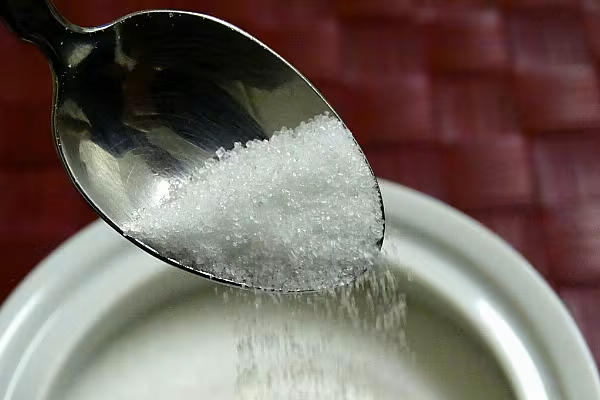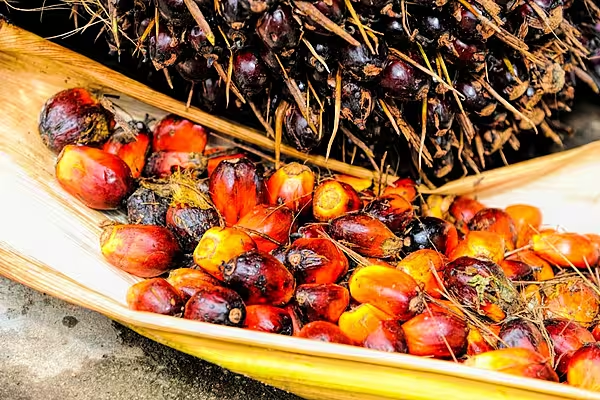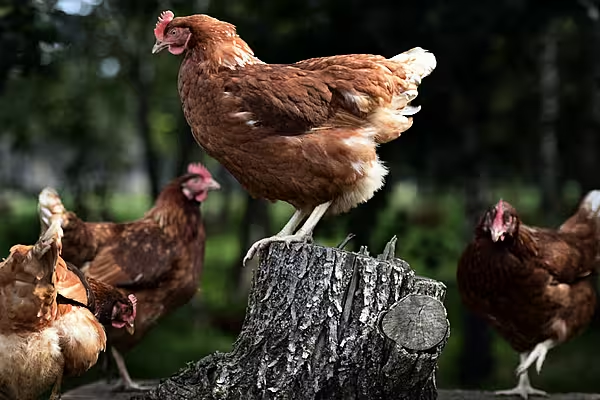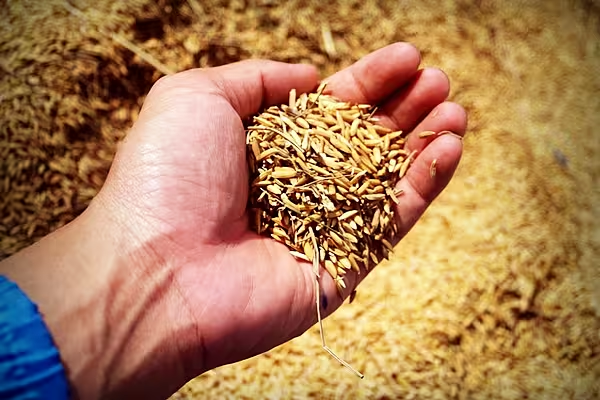The European Union needs to take action to avoid sugar shortages for food- and beverage-makers, according to the Committee of European Sugar Users, a group representing more than 15,000 companies.
The EU must boost sugar supplies because stockpiles are set to fall below levels from 2009-10 and 2010-11, when users faced a 'severe supply crisis', according to an emailed statement from the lobbying group. Inventories may drop to a record low if imports fail to meet EU forecasts, it said.
The EU could make supplies available by allowing producers to sell more in the domestic market, authorising import tenders free of duty and suspending a levy on import quotas from certain nations, said the group known as CIUS. The European Commission’s committee on agriculture markets is scheduled to meet Thursday to discuss sugar and grain markets.
"The situation is even more critical than in 2010," Muriel Korter, secretary general of CIUS, said by phone from Brussels. "They need to avoid a crisis."
The EU, once the second-biggest exporter, spent years cutting output after the World Trade Organization ruled it was dumping subsidised sugar on world markets. With local producers only allowed to sell a certain amount of output in the domestic market, that left part of the bloc’s demand to be met by imports brought in either free of duty or at a reduced levy.
EU sugar output is declining partly as farmers plant fewer acres of beet, according to F.O. Licht GmbH. Production will fall to 13.6 million metric tonnes in the 2015-16 season that started in October, the lowest in more than 40 years, the Ratzeburg, Germany-based researcher said.
The EU is unlikely to bring in the 3.18 million tonnes of sugar forecast by the commission, and a slow pace of imports is helping tighten the market, Licht said in a 25 February report. Prices have already risen more than 12 per cent since the start of the season, according to the researcher. Still, costs are lower than in previous years, when the EU faced shortages.
"The sharp decrease in EU beet-sugar output in 2015-16 is increasingly being felt in the market," Licht said. "Quota sugar prices have already risen significantly in recent months, as pockets of scarcity are showing up."
In the past, the EU has taken measures to allow domestic producers to sell more product locally and to authorise imports at zero-duty via a tender system in a bid to avert shortages. The bloc’s regulatory arm has also previously suspended the so-called CXL duty, a reduced levy of €98 a tonne for a certain amount of sugar from nations including Brazil and Australia. CIUS is urging the EU to implement such measures again and waive the duty from any extra supplies allowed.
"It is not about price, but supply," Korter said. “We cannot afford to wait until we face the same bad supply situation as per the previous shortages."
News by Bloomberg, edited by ESM. To subscribe to ESM: The European Supermarket Magazine, click here.














